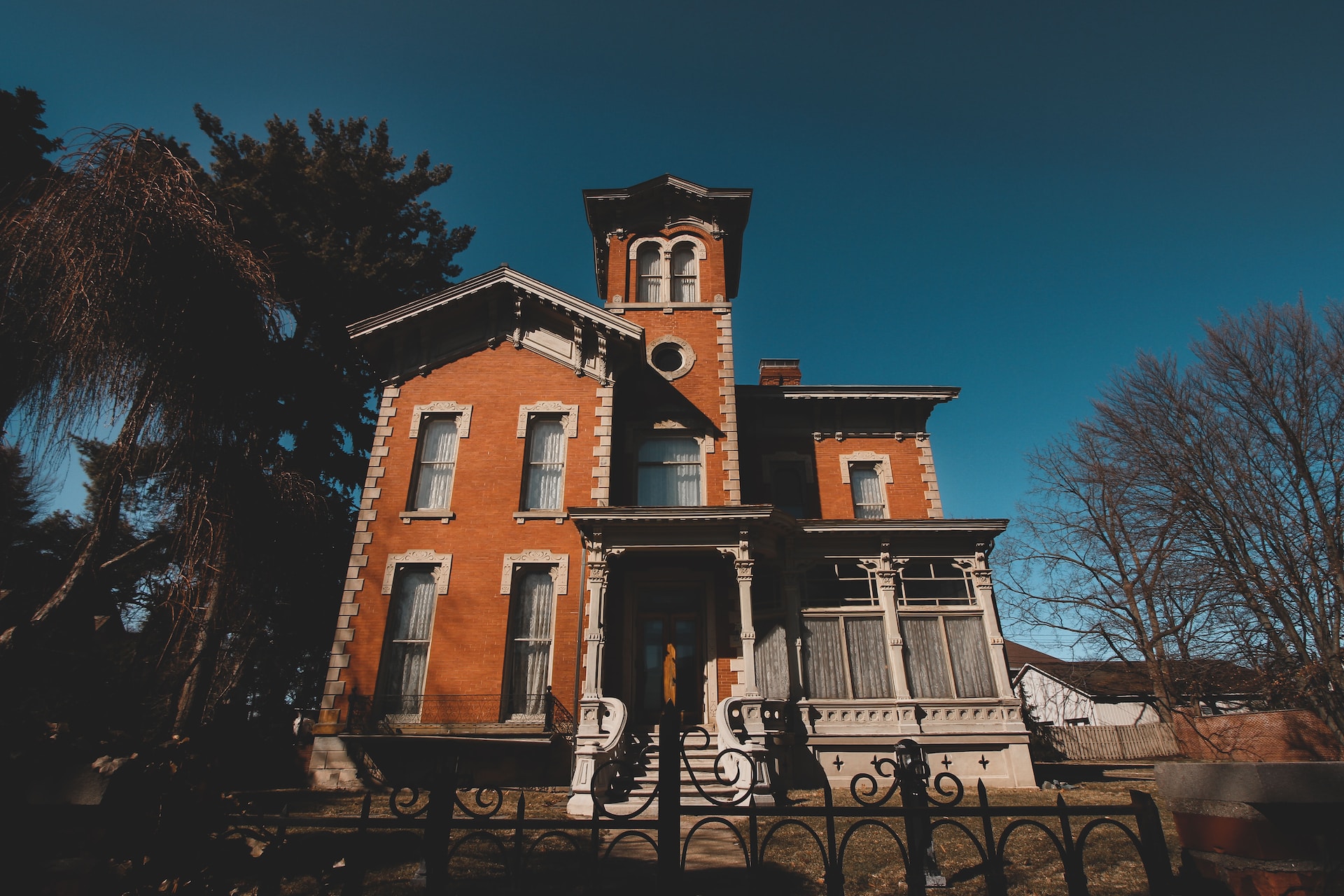

Question: What is the Meaning of a Historic House?
Answer: The meaning of a a historic house is typically a dwelling that holds significant architectural, cultural, or historical value. It may be recognized and protected by local, state, or national preservation authorities.
How Historic Homes Impact Property Worth
What exactly defines a historic house? Many people think of an old home, but a historic house offers a tangible connection to our past. These unique properties capture our imagination. This article explores the specific details that make a house historic and what that means for its value. We will look at age, architectural importance, and legal protections. This information helps you understand the true worth of a historic home. It also shows you what makes these properties different from other old homes.
The Definition of a Historic House
Recognizing Age and Significance
A historic house is typically defined by its age. Often, it must be at least 50 years old to be considered historic. However, age alone doesn’t define a historic house.
Connection to History
There must be a connection to significant historical events or individuals. This link could be direct or associative, tying the house to cultural or social history.
Architectural Value
A house could be considered historic if it represents a particular architectural style or period, or if it showcases the work of a renowned architect.
Click here to lean more about the Canadian home value estimator
Related Article: What are the Cons of an Old House?
Related Article: Is it Worth Buying a Century Home?
Historic Houses and the Law
Heritage Designation
In many places, a legal framework helps protect and preserve historic houses. For example, a heritage designation may restrict alterations to the property to maintain its historic integrity.
Benefits and Responsibilities
However, owning a historic house comes with responsibilities as well as potential benefits, such as grants or tax incentives for preservation.
Assessing a Historic House
Identifying Key Features
When assessing a historic house, identifying key features that contribute to its historic significance is essential. This can include architectural details, building materials, or even the layout.
Professional Assessment
Professional assessment by historians or preservation experts may be necessary to determine the house’s historic value accurately.
Owning a Historic House
The Appeal of Ownership
Many people are drawn to the idea of owning a historic house for its unique character and connection to history.
Considerations for Potential Owners
However, potential owners must consider factors such as renovation costs, ongoing maintenance, and compliance with local regulations.
Renovating and Preserving a Historic House
Preserving Authenticity
When renovating a historic house, preserving its authenticity is a paramount concern. This may involve using traditional building techniques and materials.
Working with Professionals
Working with professionals who specialize in historic preservation can ensure that renovations are done in line with the house’s historic character.
The Cultural Value of Historic Houses
Educational Opportunities
Historic houses often serve as educational opportunities, teaching us about past lifestyles, social norms, and architectural trends.
Community Identity
Additionally, they often contribute to community identity, providing a sense of continuity and connection to the past.
Understanding Heritage Designations and Their Impact
A heritage designation is a formal status for a home. The government gives this status to a property with historical or architectural significance. This designation protects the home’s key features from big changes. It can prevent demolition or major alterations to the building’s exterior. You must get a heritage permit before you make any changes to the property. This process ensures all work respects the home’s history. It can slow down a renovation project. It can also limit the materials you can use. For example, you may have to repair original windows instead of replacing them.
A heritage designation can increase the home’s value. It also means you have a responsibility to care for the home’s historic elements. This can increase your maintenance costs. It makes you a steward of a piece of history. A home with this status is not just a place to live. It is a part of the community’s heritage. You must understand the legal obligations that come with a heritage designation before you buy a home with this status.
Financial Incentives for Historic Homeowners
Owning a historic house can come with financial benefits. You can get grants or tax relief. Many municipalities offer a heritage tax rebate program. These programs give you a percentage reduction on your property taxes. You can use this money to help with maintenance or conservation work. To qualify, you must apply and agree to a conservation agreement. This agreement ensures you maintain the home’s heritage attributes. The money helps you preserve the home’s character.
Some municipalities also offer grants for specific projects. You can get a grant for a new roof or a foundation repair. These programs encourage you to care for your home. They make historic homeownership more affordable. These financial incentives can offset some of the costs associated with an older property. They help you protect your investment and the home’s historical value. You must research the programs in your area. They can help you save money while you preserve a part of history.
Conclusion: Embracing the Past Through Historic Houses
In conclusion, the meaning of a historic house goes beyond simple age. It encompasses a rich tapestry of historical connections, architectural value, and cultural significance. Owning, preserving, or simply appreciating a historic house means engaging with our past in a tangible way.
For those drawn to historic houses, understanding what defines them and the responsibilities that come with ownership is crucial. Whether a personal residence or a community landmark, historic houses stand as enduring reminders of our shared history and cultural heritage. They offer us a window into the past, allowing us to reflect on where we’ve come from as we look forward to the future. [ 1 ]
References
1. https://www.oldhouseweb.com/blog/is-it-historic-or-just-old/


